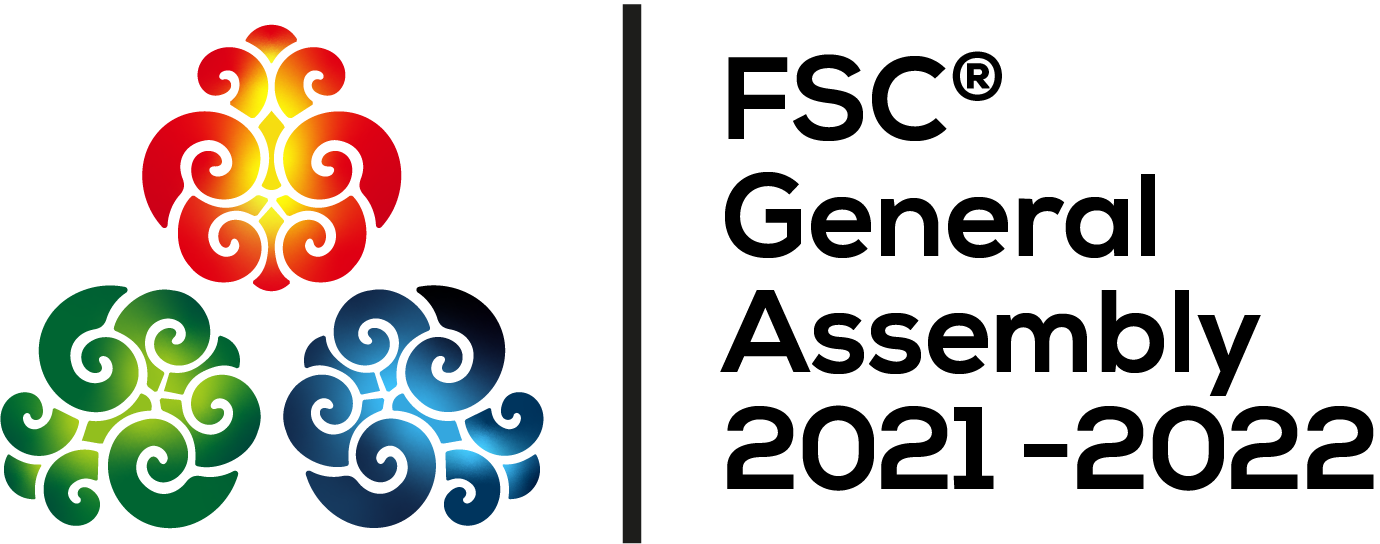
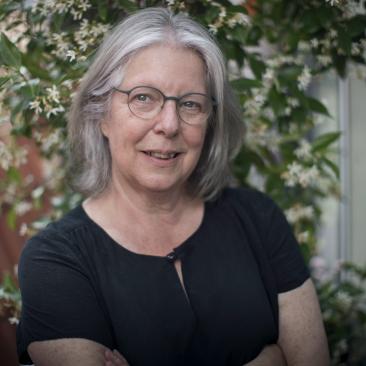
Speakers
Gemma Boetekees, FSC International
Gemma Boetekees is Stakeholder Solutions Director with the Forest Stewardship Council International. This FSC program is mobilizing stakeholders to develop directions for FSC mission-relevant solutions for the world’s forests through innovation, co-creation and in creating shared value. Current themes are landscape approaches, intact forest landscapes and sustainable intensification. Gemma comes from leading positions in environment and development sectors and has been engaged for more than 25 years in promoting sustainable forest management.
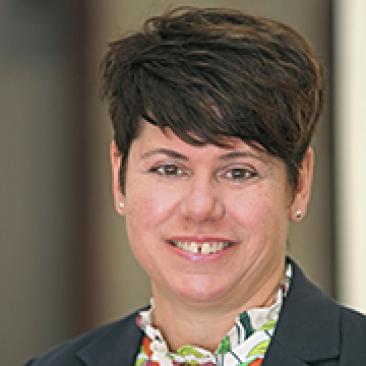
Rachel A. Ankeny, University of Adelaide
Rachel A. Ankeny is Professor in the School of Humanities at the University of Adelaide, where she does research and supervises graduate students on topics in food and agricultural ethics, bioethics, and history and philosophy of contemporary biological and biomedical sciences. She currently serves on the Gene Technology Ethics and Community Consultative Committee for the Commonwealth of Australia's Office of the Gene Technology Regulator, as Editor-in-Chief of the international journal Studies in History and Philosophy of Science, and President of the International Society for the History, Philosophy and Social Studies of Biology.
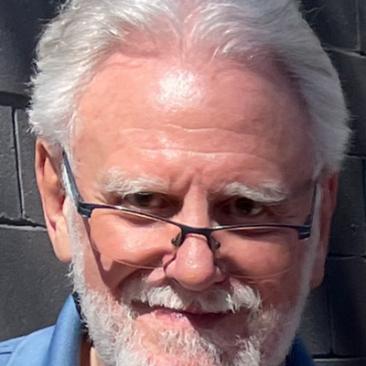
Andrew Blackwell
Since 2002, Andrew Blackwell has been working on socio-environmental and educational programmes in Europe, Asia, Africa and Latin America for the Global Partnership for Education, the World Bank, the Interamerican Development Bank, and other funders, including numerous bilateral development agencies. Previously, he served as Assistant Deputy Minister of the Environment in the Province of Ontario, Canada, advisor to the Ministry of Environment in Nicaragua and as a professor at universities in North, Central and South America. He has extensive experience in stakeholder consultation and the design and management of programs that stimulate public participation in policy development and implementation.
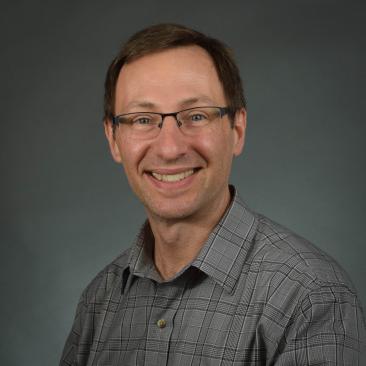
Jason A. Delborne, North Carolina State University
Jason A. Delborne is Professor of Science, Policy, and Society and Director of the Science, Technology, and Society (STS) Program at North Carolina State University. With appointments in the Department of Forestry and Environmental Resources and the Genetic Engineering and Society Center, Delborne teaches and conducts research at the intersection of environmental policy, biotechnology, and public engagement. In his research, he engages qualitative methodologies to explore how policymakers, stakeholders, and members of the public interface with emerging biotechnologies designed for environmental benefit. He was named a Fellow of the American Association for the Advancement of Science (AAAS) in 2021.
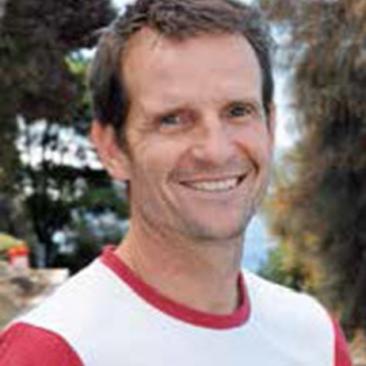
Dr. Keith Hayes, CSIRO
Dr. Keith Hayes is a senior CSIRO research scientist, and leads the Data61 Ecological and Environmental Risk Assessment (DEERA) team. The team conducts probabilistic risk assessments, and supporting studies, for challenging problems across large spatio-temporal scales. Recent applications include risk assessments for genetic control of malaria vectors in Africa, cumulative risk assessments of the impacts of new coal resource developments on water resources, and risk assessments for the spread of antimicrobial resistance. Dr. Hayes recently assisted the Australian federal government design a Monitoring Evaluation Reporting and Improvement (MERI) framework for Australia’s Marine Parks and is now leading a subsequent project to implement this framework
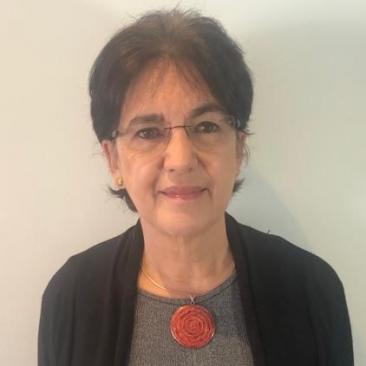
Desirée Elizondo Cabrera, CABAL S.A
I have 35 years of working experience in Central America and LAC in environmental and social sciences. My professional aspiration is to attain sustainable development with people and nature at the center. I have been providing consulting services since 2000. I co-founded CABAL, an environmental consulting company. Our business model was centered on building networks between local and international companies, to foster learning and horizontal cooperation in a cost-efficient and completive manner.
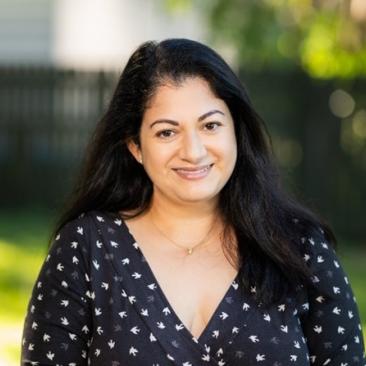
Dr. Aditi Mankad, CSIRO
Dr. Aditi Mankad is a Senior Research Scientist and Team Leader with CSIRO, Australia’s national science agency. She leads a team of scientists focused on risk and vulnerability in agricultural innovation, biosecurity and biotechnology. Aditi also spearheads CSIRO’s social and behavioural science capability examining socioeconomic issues across synthetic biology and advanced engineering biology future science areas. Aditi is trained in psychological science and has core expertise in psychological/behavioural issues around motivation, risk perception and behaviour change. She has worked in several interdisciplinary teams comprising social, economic and biophysical scientists, as well as representatives from Government and Industry.
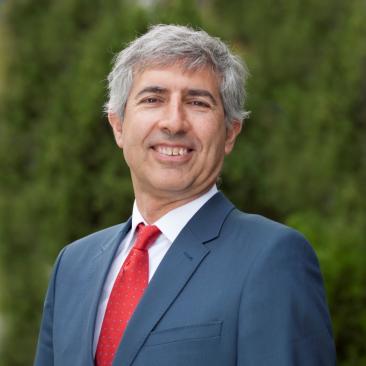
Juan Ramón Miguélez
Juan Ramón Miguélez has over thirty (30) years of experience conducting environmental assessments, managing teams and teaching for graduates and postgraduates. He has a Master’s degree in Business Administration as well as a Master’s degree in Environmental Assessment and Management. Among other positions he was the Environment and Social Regional Director for EMEA for Advisian/Worley. His experience encompasses managing, advising or auditing projects to IFC Standards, IADB Standards and Good International Industry Practices on behalf of lenders and private companies in lending and transaction processes. Juan Ramón provides project management of interdisciplinary and multicultural teams, business administration skills and technical expertise in biology and ecology.
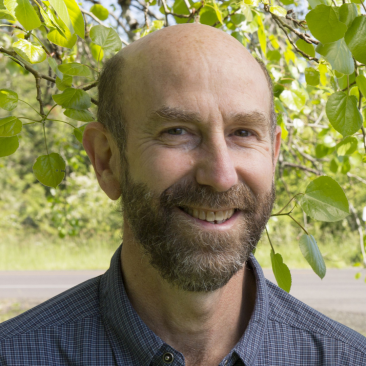
Dr. Steven H. Strauss, Oregon State University
Dr. Steven H. Strauss is a University Distinguished Professor of Forest Biotechnology in the Department of Forest Ecosystems and Society at Oregon State University. He has studied the methods and impacts of recombinant DNA-based genetic modification (GM) in trees for three decades, including to conduct many field trials under government permit. He has also written and engaged widely on questions of regulation and market barriers to research and application for both GM crops and trees. He has received a number of awards for his scientific research, collaboration with industries, and outreach.
Event Details
-
Date: Sunday 09 October
-
Time: 11:00am - 12:30pm
-
Room: Nusantara 1&2
-
Language: English, French, Spanish
-
Format: Hybrid
